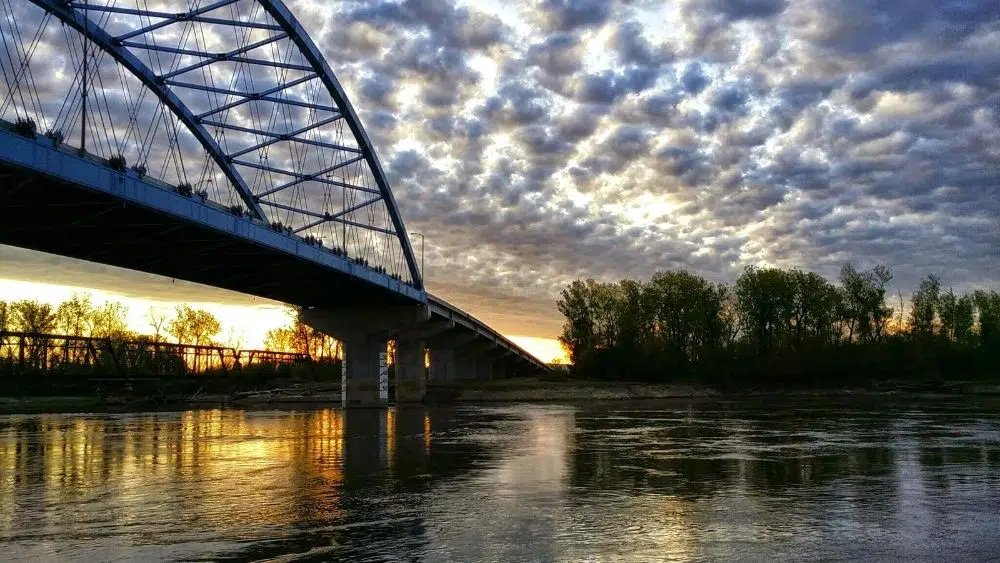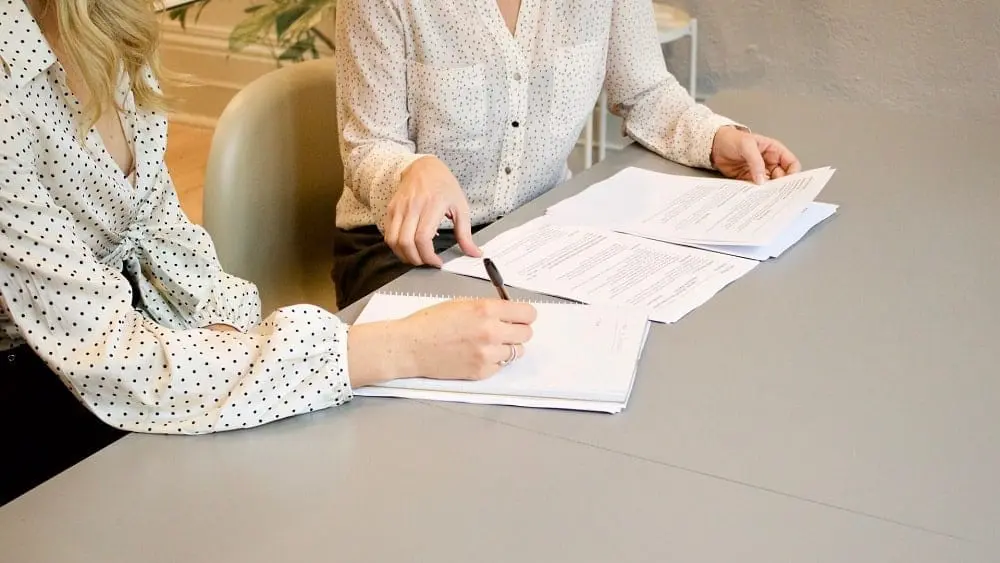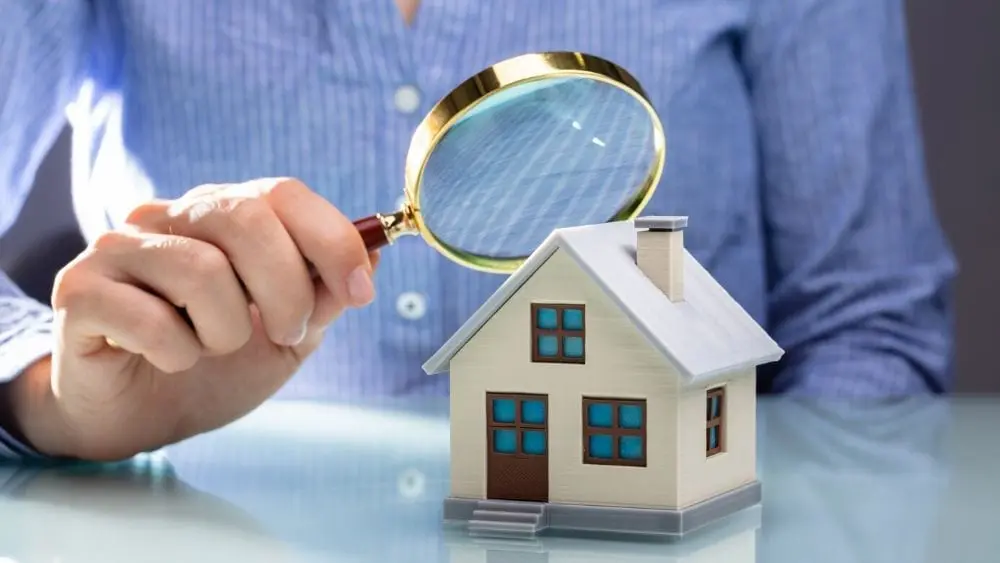
You’ve secured a competitive interest rate for a mortgage, saved for a down payment and are ready to call Kansas home. But there’s one more expense to consider: closing costs.
Closing costs encompass all the administrative and legal services you’ll need to pay for before you receive the keys to your new home. For convenience’s sake, you pay these costs in a lump sum on closing day, and they typically amount to 2 percent to 5 percent of the home’s purchase price. Closing costs are paid alongside your down payment, which makes for one expensive day.
If you’re buying a new home in Kansas, NewHomeSource has put together the following guide on how much you should be saving for closing costs, a breakdown of what’s generally included and how you can potentially lower these costs.
How Much Are Closing Costs in Kansas?

Closing costs in Kansas run, on average, $2,042 for an average home loan of $213,023, according to a 2021 report by ClosingCorp, which provides research on the U.S. real estate industry. That number makes up 0.96 percent of the home’s price tag.
The Sunflower State places 17th for the cheapest closing costs in the country. It’s safe to say closing costs tend to be cheaper in the Midwest — Missouri, Indiana, Iowa, South Dakota and Wisconsin are among the top 10 states with the lowest closing costs, with Missouri the lowest at $1,290 for a home priced at $177,915. For comparison’s sake, the national average for closing costs is $6,087.
But homebuyers in Kansas should count on spending more than this estimate. ClosingCorp’s data excludes key expenses such as loan origination fees and private mortgage insurance (if you’re not applying a 20 percent down payment).
Closing costs can fluctuate depending on the price of the home and the complexity of the home sale. And keep in mind that home values have increased in Kansas: As of August 2021, the average sale price for single-family homes in the state sat at $272,197, up 9.4 percent from the year before, according to the Kansas Association of Realtors. If you aim to earmark 2 percent to 5 percent of your home’s purchase price on closing costs, you could be looking at closing costs starting at $5,443 to $13,609 based on this updated price point.
What’s Typically Included in Kansas’ Closing Costs?

So what exactly are you paying for in closing costs? Here’s a closer look at the more common charges you’ll encounter, including the state-specific details every homebuyer should be aware of:
Loan Origination Fees
Whether you’re working with a bank or a mortgage broker, loan origination fees are one of the first closing cost expenses you’ll incur. They’re what your lender will charge you to set up your loan application, from underwriting your loan and providing preapproval letters for your house hunting, to processing your funding. Loan origination fees are typically about 0.5 percent to 1 percent of your loan amount.
Credit Report Fee
Before your lender decides you’re a responsible borrower, they’ll need to do a full credit check, which includes pulling your credit score to have a clear snapshot of how you manage debt. Expect your lender to pass on the cost of requesting your credit report to you. If more than one borrower is involved on the mortgage application, you’ll need to double this cost.
Attorney Fees
While it isn’t mandatory in Kansas, you may decide to hire a real estate attorney to help with your closing especially if it’s a complex home purchase.
Real estate attorneys can help with all the legal aspects involved with your home purchase, from drafting your purchase agreement to making sure the transfer of deed is appropriately signed off on.
The cost for hiring a real estate attorney will vary, depending on how complicated your home sale is, where you’re located in the state and the amount of work they’ll need to put in.
Escrow Fees
In Kansas, title companies, real estate agents, attorneys and escrow agents can conduct closings. You may decide to hire a title company or escrow agent to manage your home purchase to make sure you close on time without any delays.
The title company will set up a neutral third-party escrow account to hold onto your funds. With this arrangement, the seller won’t receive any funds until both parties have met all the conditions for the home sale. The title company will also guide you through the checklist of things you need to have completed by closing. It’s customary to split this cost between buyer and seller.
Title Search and Title Insurance
You’ll need to pay a title search abstractor to conduct a thorough search on your potential new home to verify the seller’s right to transfer ownership to you. They’ll look through historical records like deeds, court records, property and name indexes and other records to make sure the land you’re buying has no outstanding ownership disputes, unpaid taxes, judgments or lawsuits.
Once the title search is complete, you’ll need to cover your bases with title insurance policies for both you and your lender. Title insurance protects both parties in case something is overlooked during the title search and there are “title defects” or claims to your property that were missed.
While most insurance policies are paid annually, title insurance is paid just once at closing, and it can’t be transferred over to the next buyer.
In Kansas, buyers typically pay for the lender’s title insurance policy while sellers pay for the owner’s (the buyer’s) policy.
Real Estate Transfer Tax
Here’s a silver lining for homebuyers in Kansas: Ss of January 2019, real estate transfer taxes — also called mortgage registration taxes — were scrapped across the state. That’s one less closing cost expense for you to worry about.
Kansas is one of about a dozen states that don’t have real estate transfer taxes. They’re typically charged by local and state governments when the seller transfers the property to the buyer.
You may still incur a small fee from your county for record-keeping and documenting the transfer of property. This is another fee that is typically picked up by the buyer.
Property Taxes

A recurring payment homeowners need to get familiar with is property taxes. In Kansas, tax rates vary depending on the county you live in. Homeowners in Allen County, for example, are taxed at a rate of 1.65 percent while in Woodson County, tax rates rise to 2.07 percent.
Overall, homeowners should sock away about $2,235 per year on this annual expense, but this will fluctuate depending on your county’s tax rate and assessed market value of your property.
Count on paying for this as a prorated expense at closing. Property taxes subsequently can be paid annually or in two installments, so make sure you mark due dates on your calendar.
Homeowner’s Insurance
Before closing, you need to take out and pay for a robust homeowner’s insurance policy for the upcoming year. Home insurance is a mandatory purchase before transferring your mortgage so you can buy your house.
This is a prepaid expense, meaning it must be paid for in cash and can’t be rolled into your home financing. Home insurance is crucial to have in effect when you take ownership because it covers any physical damage to your home caused by fire, wind, vandalism or theft. It may be giving your lender peace of mind, but it should do the same for you too. Be sure to stay on top of your coverage and make changes to your policy as needed.
Surveying Fee
ClosingCorp says Florida and Texas are the only states in which land surveys are mandatory for single-family homes. A surveyor is hired to establish the precise borders of your potential new home. Your lender may insist on getting your property surveyed, especially if you’re buying a lot of acreage or farmland with ambiguous borders.
Appraisal
Before closing, your lender will send a third-party appraiser to your new home to make sure it is priced at the right value. If you can’t keep up with your mortgage payments and your lender needs to foreclose on your home, they need to know they can sell the property to make up for the outstanding balance.
The appraiser will evaluate the home’s size, features and condition, as well as how it stacks up to homes priced similarly in the community, to determine its fair market value. Because your lender usually orders the appraisal, consult with them about how much it will cost.
Home Inspection

A professional home inspector will check on the health and safety of your potential new home by making sure everything is in good working order, from the foundation to the roof and everything in between.
The home inspector will point out any existing issues as well as ones that could surface in the coming years, such as needing to replace major appliances or replacing an aging roof. This is great intel because you can negotiate with the seller regarding any fixes before finalizing the deal.
Private Mortgage Insurance
If you aren’t providing a 20 percent down payment, your lender will expect you to buy private mortgage insurance, or PMI, in Kansas. PMI allows borrowers to qualify for a conventional loan even if they put down 5 percent to 19.99 percent of their mortgage. The coverage protects your lender in case of loan default.
This cost isn’t included in the ClosingCorp tally of closing costs expenses, but PMI typically ranges from 0.25 percent to as high as 2.25 percent of your outstanding loan balance, depending on the size of your down payment and your credit score.
How Can I Lower My Closing Costs in Kansas?

If you’re looking for ways to offset closing costs, here’s a rundown of key strategies you can try to save on this expense.
Closing Cost Assistance
Making use of statewide homeownership assistance programs in Kansas is the single most efficient way to make the biggest reduction in your closing costs bill. With the First-Time Homebuyer Program, organized by the Kansas Housing Resources Corporation, income-eligible homebuyers can set up a zero interest loan worth up to 20 percent of their home’s purchase price to cover their down payment in its entirety. This would free up cash for closing costs.
The Kansas Housing Assistance Program helps eligible homebuyers with a 30-year fixed-rate mortgage and a grant of up to 5 percent of the home’s purchase price to cover down payment or closing cost expenses.
Don’t forget to look into homeownership programs in your county, too. In Johnson County, for example, low-income homebuyers can apply for up to $10,000 in a deferred loan to help with their down payment and closing costs.
Get Your Finances in Shape
The interest rate you secure is also a critical moment in the homebuying process. If you have a great credit score when you apply for a home loan, you could secure a lower interest rate, which could save you thousands of dollars over the lifetime of your mortgage. Thus, it’s worth getting your financial ducks in a row before heading to your mortgage broker’s office.
Save as much as you can for your down payment, too. The closer you get to the 20 percent down payment threshold, the less you’ll have to pay in PMI.
Comparison Shop
Shop around for the best interest rate on your mortgage loan or for any other service providers you’ll need during the homebuying process. Read through reviews, check out referrals from friends and family, and look at service providers’ accreditations. Then obtain quotes from several service providers to find the best deal.
Seller Concessions

During the negotiating process on a home sale, you’ll have some back and forth with the seller on who pays for what, especially if you’re in a buyer’s market where the seller is eager to make the sale.
You may be able to reassign some of the closing costs to the seller. For example, you could ask the seller to pay for some — or all — of your closing costs if you offer to submit a full price offer on their home. If you’re building a new construction home, you could ask your builder to pick up your closing costs tab in exchange for paying for certain upgrades throughout your home.
Negotiate Fees
When you receive a Closing Disclosure form, get acquainted with each line of charges so you understand and agree with the costs you’re incurring. By closing day, the form should be updated. Your job is to check for discrepancies, an increase in fees or any surprise charges.
If you’re an established customer with multiple loan products in good standing with your lender, you might consider asking them to omit some expenses. The most obvious ones are often labeled as “junk fees,” such as rate lock fees, loan processing fees and broker rebates.
No-Closing-Cost Mortgages
Another solution is a “no-closing-cost” mortgage, in which your lender agrees to pay for part, or all, of your closing costs. In turn, you pay a higher interest rate on your mortgage. Run some calculations before you decide that this is the best route for your bottom line. In the long run, this could cost you more money because of the bump in your interest rate.
Adding Closing Costs to Your Home Financing
Homebuyers who can’t come up with the cash for their closing costs may opt to roll this expense into their home loan. This way, instead of paying for their closing costs on closing day, the total is added to the monthly mortgage payments. While this is a convenient way around paying for closing costs upfront, you’re left paying interest on your closing costs across the life of the loan.
This option isn’t necessarily available to all homebuyers. You’ll need to check with your lender to see if they can accommodate this arrangement.
Other Kansas Resources

Carmen Chai is an award-winning Canadian journalist who has lived and reported from major cities such as Vancouver, Toronto, London and Paris. For NewHomeSource, Carmen covers a variety of topics, including insurance, mortgages, and more.
 How to Choose a Credenza for Your Home
How to Choose a Credenza for Your Home